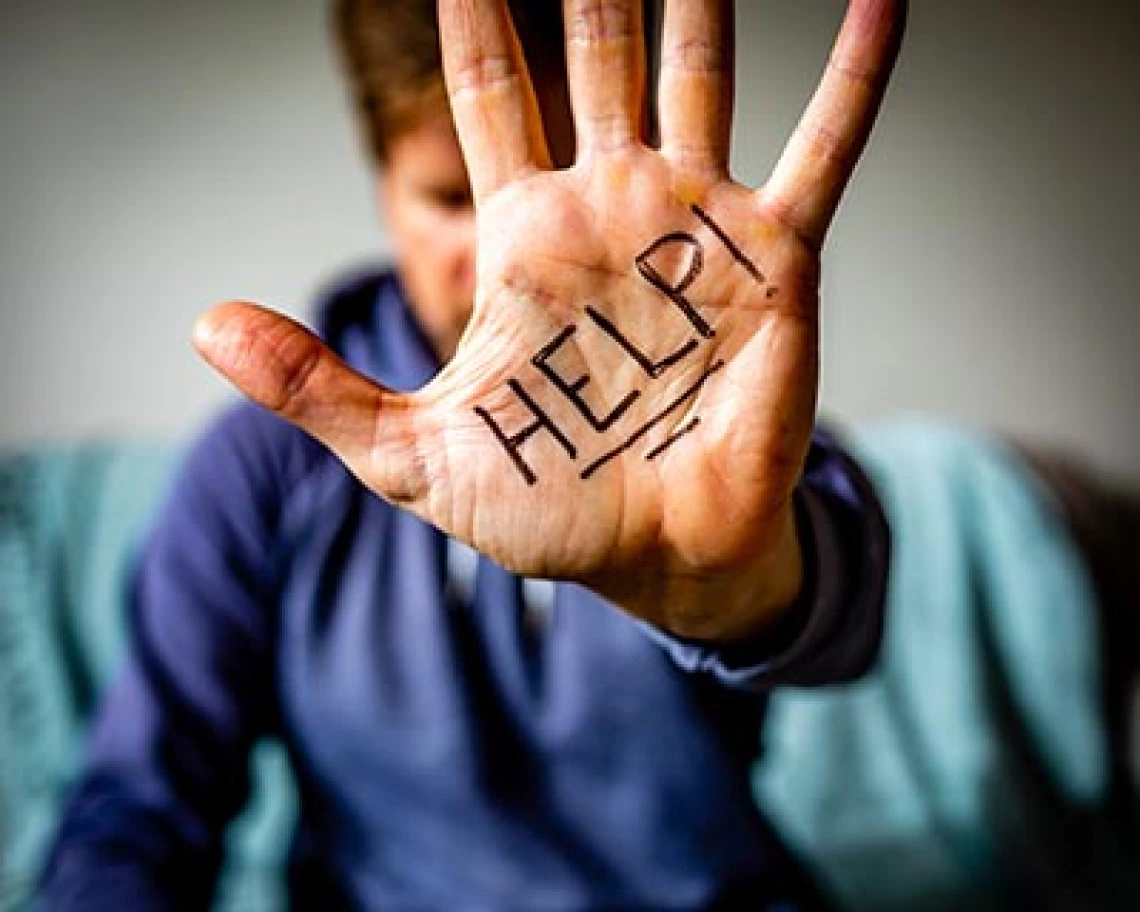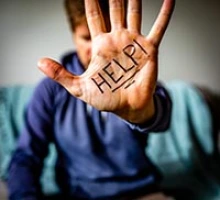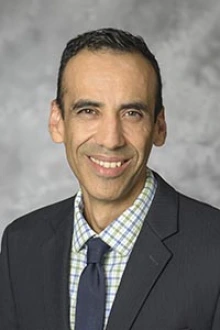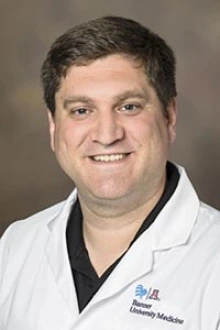UArizona Psychiatrists Combat Depression, Suicide Spike during COVID-19 Pandemic
COVID-19’s effects have extended beyond health and economic crises to a mental health one, resulting in more suicides. UArizona Psychiatry professors offer explanations and resources to help.

TUCSON, Ariz. – On May 1, the Pima County Health Department sent an alert to community health care providers about a sharp increase in suicides between early February and mid-April, with risks triple for those suffering sleep problems.

Suicide rates are up across the country, including in Pima County, with mental health experts associating the hike with social isolation and other stresses accompanying the COVID-19 pandemic.
The data also showed 79% of suicides were individuals with confirmed mental illness and/or co-occurring medical conditions (vulnerable populations) such as: individuals living in poverty, families living in poverty with school-age children, minority groups, people with chronic health conditions, and people who recently experienced unemployment, divorce, domestic violence or child removal.

Gustavo Perez, PhD
“Maintaining a sense of meaning and purpose in life also is a core component of wellbeing,” Dr. Perez explains. “Many people fulfill this need through work accomplishment and the ability to provide for their families. The rise of massive unemployment due to COVID-19 threatens this sense of satisfaction with life. Limited options for employment can increase a sense of hopelessness and negatively impact physical, mental and emotional health.”

Michael A. Grandner, PhD
To help prevent suicides, “Pima County residents should know Banner – University Medical Center’s psychiatry clinics, as well as the Behavioral Sleep Medicine Clinic – which is co-located with the Center for Sleep Disorders at Banner – UMC Tucson, are open and seeing patients remotely via telephone and video calls,” Dr. Grandner says. “We are dedicated to helping the community get through this time and we are available.”
Dr. Perez adds, “Countless social investigations have demonstrated that connection to others has a positive impact in physical, emotional and cognitive health and reduces the risk for suicide in a community. We can be present with others in many ways, depending in each person’s context: offering to buy groceries for an elderly neighbor, calling a distant friend, playing a board game with your children or simply giving our full compassionate attention to somebody after we ask ‘how are you doing?’ In adverse times, kinship with others can save lives.”
Resources
- Call 9-1-1
- If you are experiencing a mental health crisis, call 520-622-6000 or 1-866-495-6735 (TDD/TTY: 1-877-613-2076) to reach the Community-Wide Crisis line
- Walk-in crisis services are available at Banner – University Medicine Crisis Response Center (at Banner – UMC South), 2802 E. District St.
- National Suicide Prevention Lifeline: 1-800-273-8255
- Crisis Text Line: Text HOME to 741741
- Banner – University Medicine Behavioral Health: psychiatry.arizona.edu/patient-care, 520-874-7520
- NAMI’s online communities and also contact your local NAMI affiliate for resources in your area
- 7cups.com offers free online chat for emotional support and counseling, with services in Spanish available
- Emotions Anonymous offering weekly online meetings
- Support Groups Central has virtual groups for free or low cost
- The Tribe Wellness Community offers free, online peer support groups. Includes focused groups for addiction, anxiety, depression, HIV/AIDS, LGBT, marriage/family, OCD and teens.
Find more information on College of Medicine – Tucson activities regarding the COVID-19 pandemic at this link.
The UArizona Health Sciences COVID-19 Resources webpage can be found here.
For the latest on the University of Arizona response to the novel coronavirus, visit the university's COVID-19 webpage.
# # #
NOTE: Photos available upon request.
About the University of Arizona College of Medicine –Tucson
The University of Arizona College of Medicine – Tucson is shaping the future of medicine through state-of-the-art medical education programs, groundbreaking research and advancements in patient care in Arizona and beyond. Founded in 1967, the college boasts more than 50 years of innovation, ranking among the top medical schools in the nation for research and primary care. Through the university's partnership with Banner Health, one of the largest nonprofit health care systems in the country, the college is leading the way in academic medicine. For more information, visit medicine.arizona.edu (Follow us: Facebook | Twitter | Instagram | LinkedIn).
About the University of Arizona Health Sciences
The University of Arizona Health Sciences is the statewide leader in biomedical research and health professions training. UArizona Health Sciences includes the Colleges of Medicine (Tucson and Phoenix), Nursing, Pharmacy, and the Mel and Enid Zuckerman College of Public Health, with main campus locations in Tucson and the Phoenix Biomedical Campus in downtown Phoenix. From these vantage points, Health Sciences reaches across the state of Arizona, the greater Southwest and around the world to provide next-generation education, research and outreach. A major economic engine, Health Sciences employs nearly 5,000 people, has approximately 4,000 students and 900 faculty members, and garners $200 million in research grants and contracts annually. For more information: uahs.arizona.edu (Follow us: Facebook | Twitter | YouTube | LinkedIn | Instagram).
About Banner – University Medical Center Tucson and South
Banner – University Medical Center Tucson and Banner – University Medical Center South are part of Banner – University Medicine, a premier academic medical network. These institutions are academic medical centers for the University of Arizona College of Medicine – Tucson. Included on the two campuses are Diamond Children's Medical Center and many specialty clinics. The two academic medical centers are part of Arizona-based Banner Health, one of the largest nonprofit health care systems in the country. Banner Health is in six states: Arizona, California, Colorado, Nebraska, Nevada and Wyoming. For more information, visit BannerHealth.com/UniversityTucson or BannerHealth.com/UniversitySouth (Follow us on Facebook: @BannerUniversityMedicalCenterTucson or @BannerUniversityMedicalCenterSouth).

